UX / UI Training
Transform Your Design Prowess
Be Market Ready in 3 Months
Uncover the artistry of UX and UI design starting from the basics, while cultivating your expertise in a development company atmosphere.
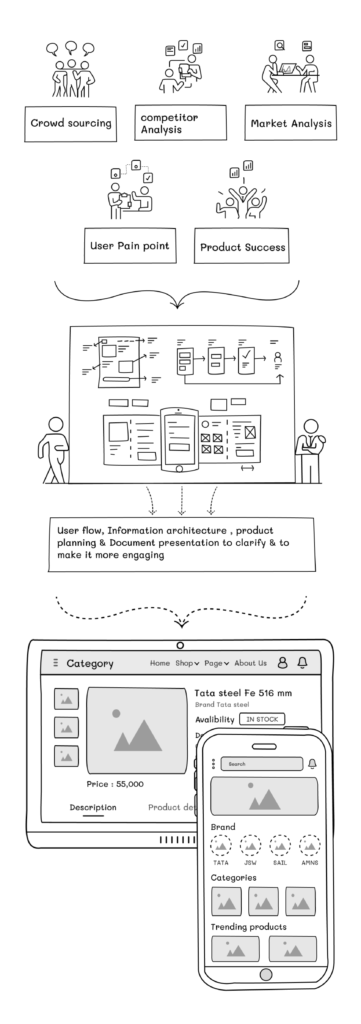
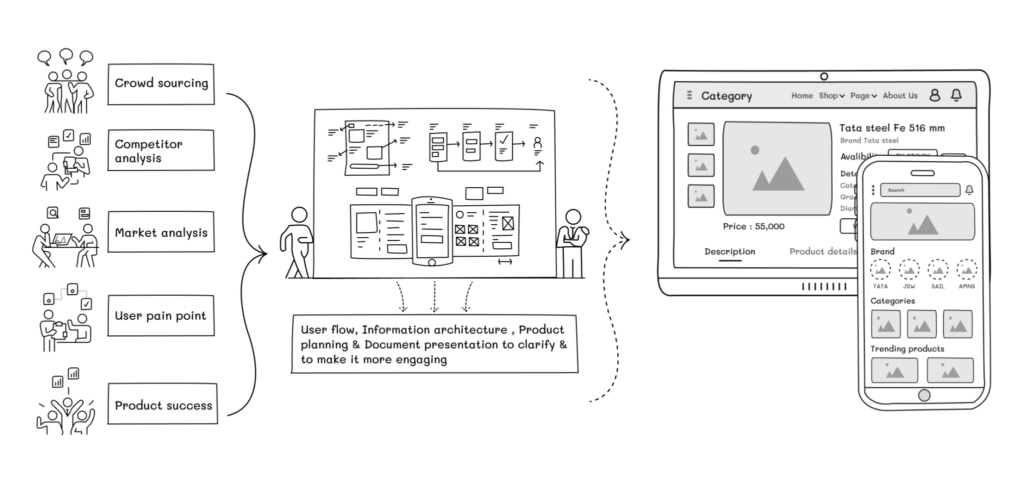
Why Learn from Us
Address Real-World Problems
Learning UX/UI from a development company with real-time project experience ensures that you gain insights into the practical applications of design principles. The course is designed to bridge the gap between theory and real-world implementation, offering hands-on experience with projects encountered in actual development scenarios.
Industry-Relevant Skills
A development-focused UX/UI course is tailored to equip you with skills directly applicable to industry demands. By learning from professionals who have worked on real projects, you'll acquire a skill set aligned with current industry needs, making you more marketable in the field.
Problem-Solving Proficiency
Through exposure to problem faced in real-time projects, you'll develop problem-solving skills by tackling challenges encountered in the design and development process.
Collaborative Learning Environment
Immerse yourself in a collaborative learning environment within a development company. Interact with professionals from diverse backgrounds, mirroring the teamwork and communication skills required for successful project collaboration in the industry.
Expert Mentorship
Engaging with a development company means you may have access to experienced mentors who have successfully navigated real-world design challenges. Mentorship can provide valuable guidance, insights, and constructive feedback, accelerating your learning curve and professional growth.
Career-Ready Portfolio
Craft a standout portfolio that mirrors real-world project experiences. Highlight your proficiency in turning theoretical knowledge into tangible outcomes, positioning yourself as a more appealing candidate in the competitive UX/UI job market for potential employers.
The Process
From stakeholder interviews to design deliverables, our training covers the entire process, replicating the intricacies of a real project delivery.
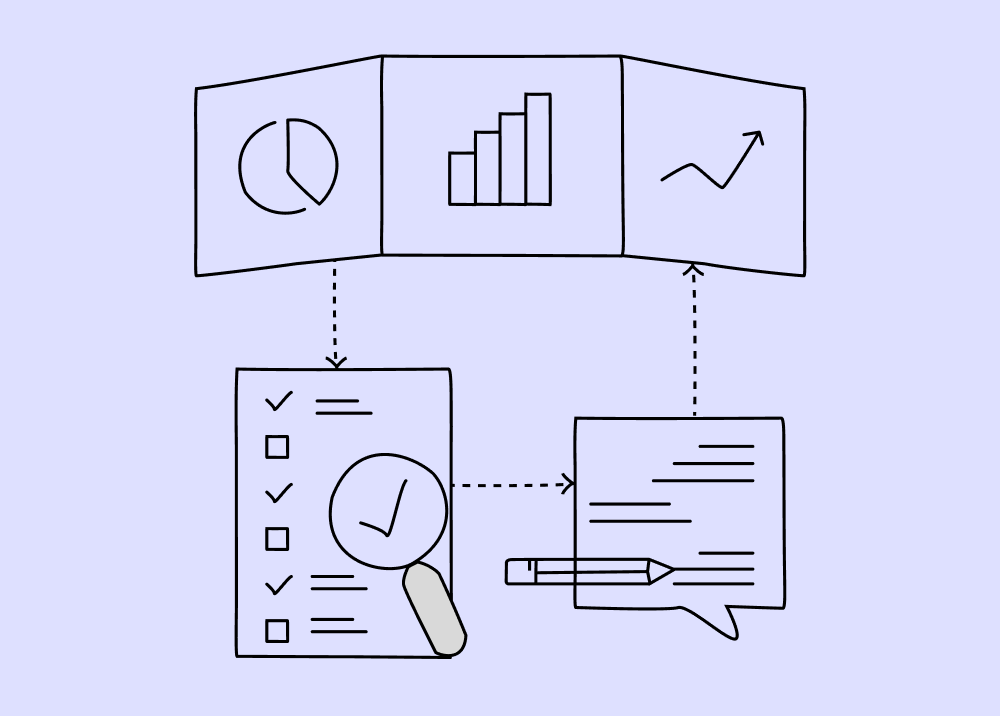
Stackholder Interviews
A series of sessions mostly over a week to get insights about your idea and thought process.
Concept Sketching
On completion of the brainstorming session, the defined roles and modules are documented in a detailed manner
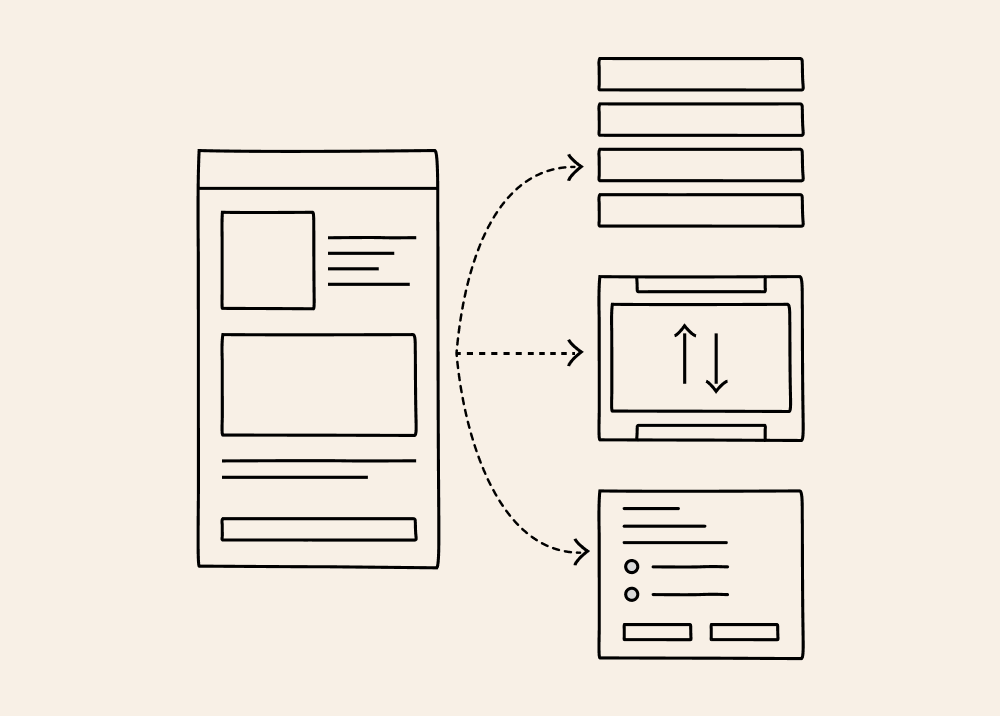

Wireframing
Once the documentation is done, the client reviews the document and shares his/her feedback. The Business Analyst works on the given feedback and submits the final document.
Low Fidelity Design
Once the documentation is approved, the Business Analyst works on the wireframe for the entire application. This would be a screen-by-screen approach where every detail would be incorporated into each view of the wireframe.
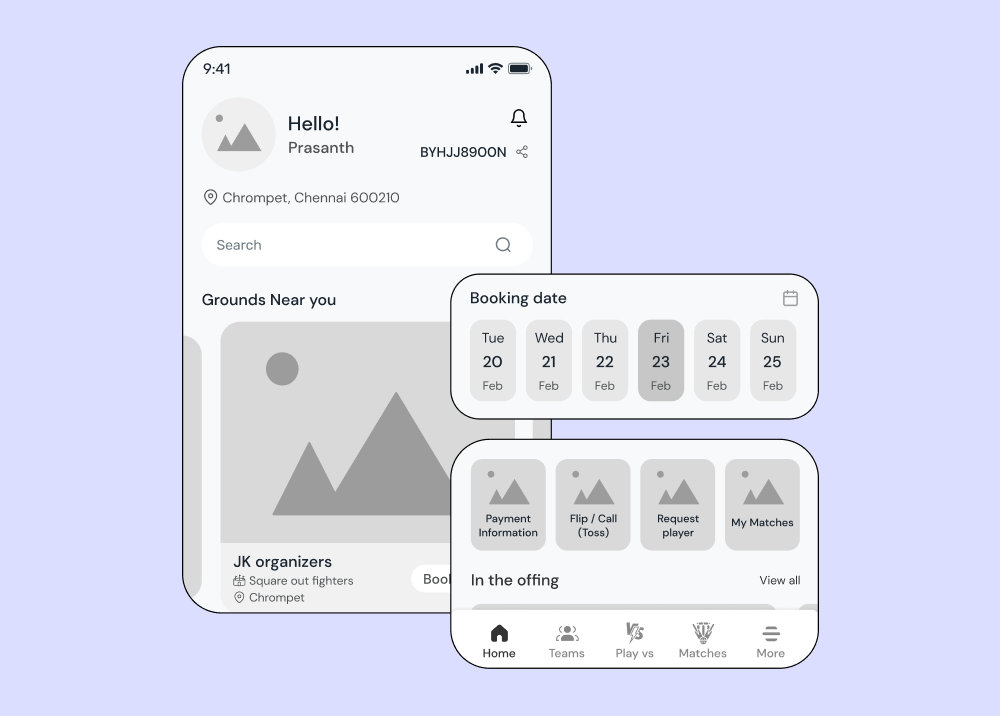
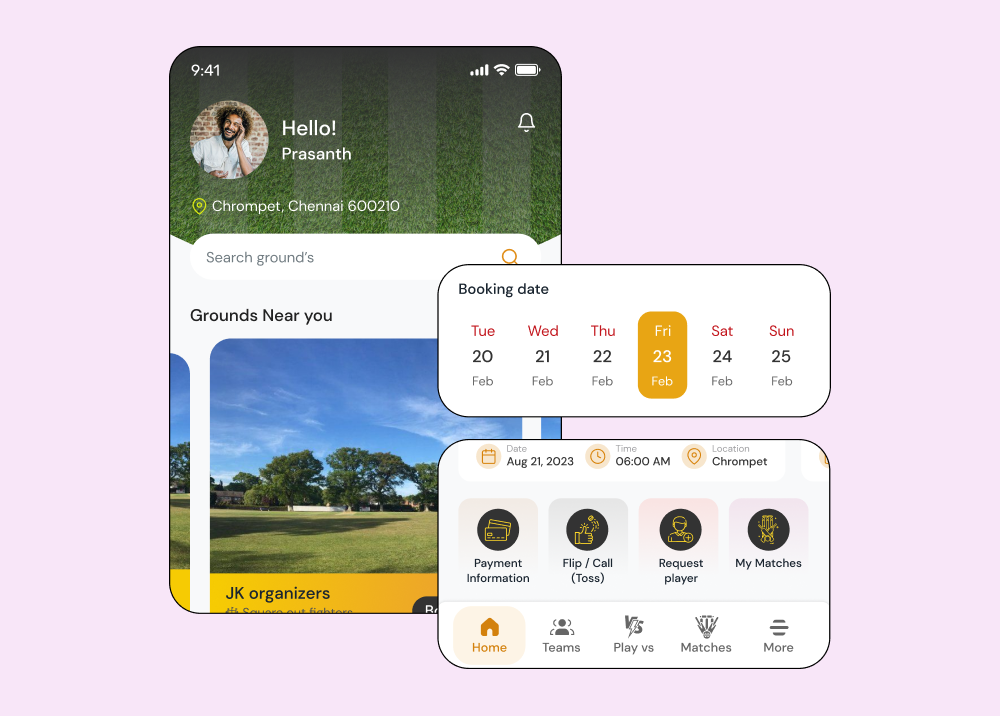
High Fidelity Design
Once the wireframe is done, the client is presented with the wireframe and the BA explains the elements and the flow of the application. The Business Analyst works on the given feedback and submits the final wireframe.
Prototyping
Minor changes that are to be done to documentation and wireframe, which may have arisen during the course of the process will be updated.
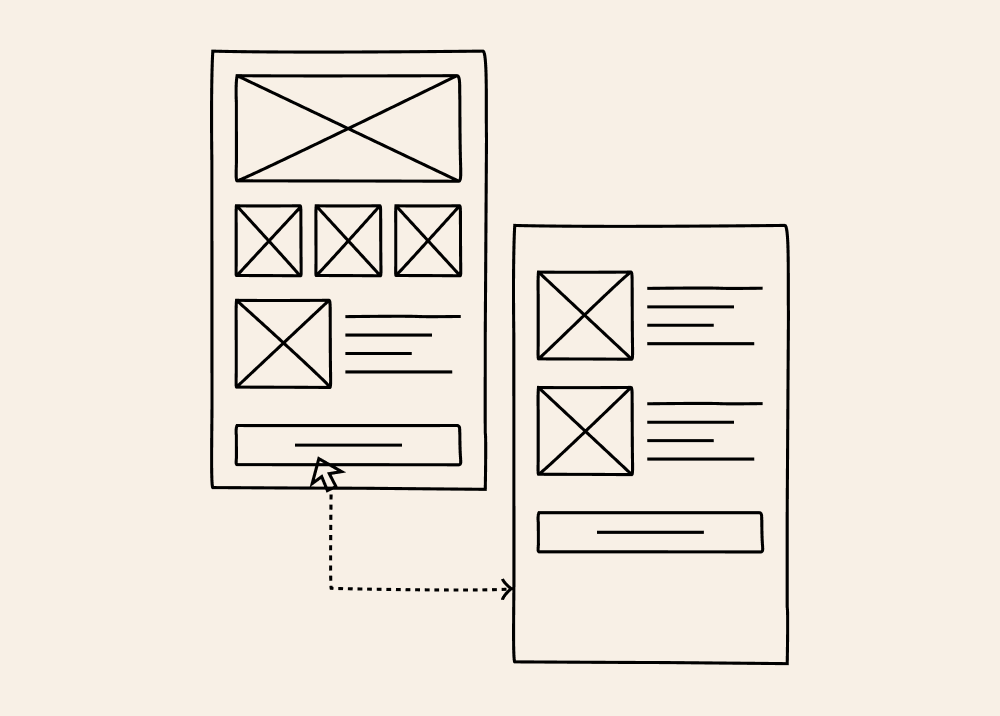
Frequently Asked Questions
Do I need any prior design experience to enroll in this course?
No prior design experience is necessary to enroll in this course. Our curriculum is designed to accommodate students from diverse backgrounds and skill levels, including beginners.
Are there any prerequisites or recommended skills for this course?
While there are no strict prerequisites, having a basic understanding of design principles, familiarity with digital tools, and good communication skills can be beneficial. We welcome students from various backgrounds and provide support to help you succeed regardless of your starting point.
What is the difference between UI and UX design?
UI (User Interface) design focuses on the visual and interactive elements of a product, such as layout, colors, buttons, and typography. UX (User Experience) design, on the other hand, is about enhancing the overall experience of users by improving usability, accessibility, and satisfaction throughout their interaction with the product.
What software or tools will I need for the course?
Throughout the course, we will primarily use industry-standard tools such as Adobe XD, Sketch, or Figma for UI/UX design. Additionally, familiarity with tools like Adobe Photoshop and Illustrator may be beneficial but is not required.
How long does the course last, and what is the time commitment?
The duration of the course varies depending on the program format (e.g., full-time, part-time, self-paced). Typically, our courses range from 8 to 12 weeks for intensive programs and 6 to 12 months for more comprehensive programs. The time commitment also varies but generally requires around 10 to 20 hours per week.
Will I receive a certificate upon completion of the course?
Yes, upon successful completion of the course requirements, you will receive a certificate of completion. This certificate demonstrates your proficiency in UI/UX design and can be a valuable asset for your resume and portfolio.
Will there be opportunities for hands-on projects or real-world application of skills?
Absolutely! Our curriculum includes hands-on projects, case studies, and real-world challenges designed to apply the concepts and techniques learned in the course. These practical experiences are integral to developing your skills and building a strong portfolio.
What support resources are available during the course?
Throughout the course, you will have access to experienced instructors who provide guidance, feedback, and support. Additionally, you’ll have access to online resources, discussion forums, and a community of fellow students and alumni for networking and collaboration. Our goal is to ensure you have the support you need to succeed in your learning journey.
